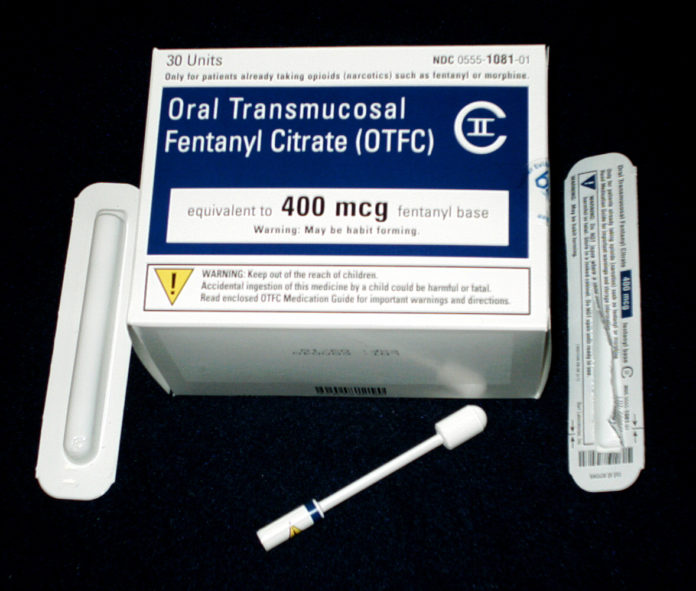Federal prosecutors indicted five doctors from New York City for allegedly taking bribes and participating in a scheme to prescribe millions of dollars’ worth of medications including Subsys, a fentanyl painkiller, a dangerous and potentially fatal narcotic 50 to 100 times more potent than morphine, manufactured by Insys.
The doctors were arrested on the same day of the indictment released and pled not guilty in federal court in Manhattan. The charges include violation of the federal anti-kickback law and conspiracy to commit fraud.
The indictment alleges that Insys paid the doctors–in some cases hundreds of thousands of dollars–to prescribe Subsys. The money was ostensibly funneled through fees for their participation in a fake speaker’s program.
The U.S. attorney for the Southern District of New York announced the charges at a press conference. He was joined by William F. Sweeney Jr., the head of the FBI’s New York Office.
The five doctors, Gordon Freeman, Jeffrey Goldstein, Todd Schlifstein, Dialecti Voudouris, and Alexandru Burducea, were released on a $200,000 bond after pleading not guilty last Friday.
In the press conference, Berman said, “These prominent doctors swore a solemn oath to their patient’s care above all else.”
Berman’s office also said that two former Insys employees, Jonathan Roper and Fernando Serrano, who pleaded not guilty to anti-kickback charges in 2016, changed their pleas to guilty, and were cooperating with the federal investigation.
The indictment alleges that Insys had used its speakers’ program to create a special group of practitioners, including five doctors facing charges, to prescribe substantial numbers of Subsys to their patients.
Insys reportedly referred to the doctors as “top docs.” They were promoted as speakers at Insys engagement, though these events were more based around social interaction than education about products. The indictment says that the attendance sign-in sheets for speakers included the medical professionals who did not actually attend the events.
Insys also kept tabs on their speakers, tracking them with statistics. On one occasion they reminded them that there was “one simple guideline,” which was to write prescriptions. If they failed to write prescriptions, the money for speaking engagements would end.
This is the latest round of charges brought against Insys, it’s executives, employees, and medical professionals connected to the company. Their chief executive John Kapoor pled not guilty to bribery changes while Rhode Island doctor Jerrold Rosenberg was sentenced to more than four years in prison for accepting bribes from Insys to prescribe Subsys.
















